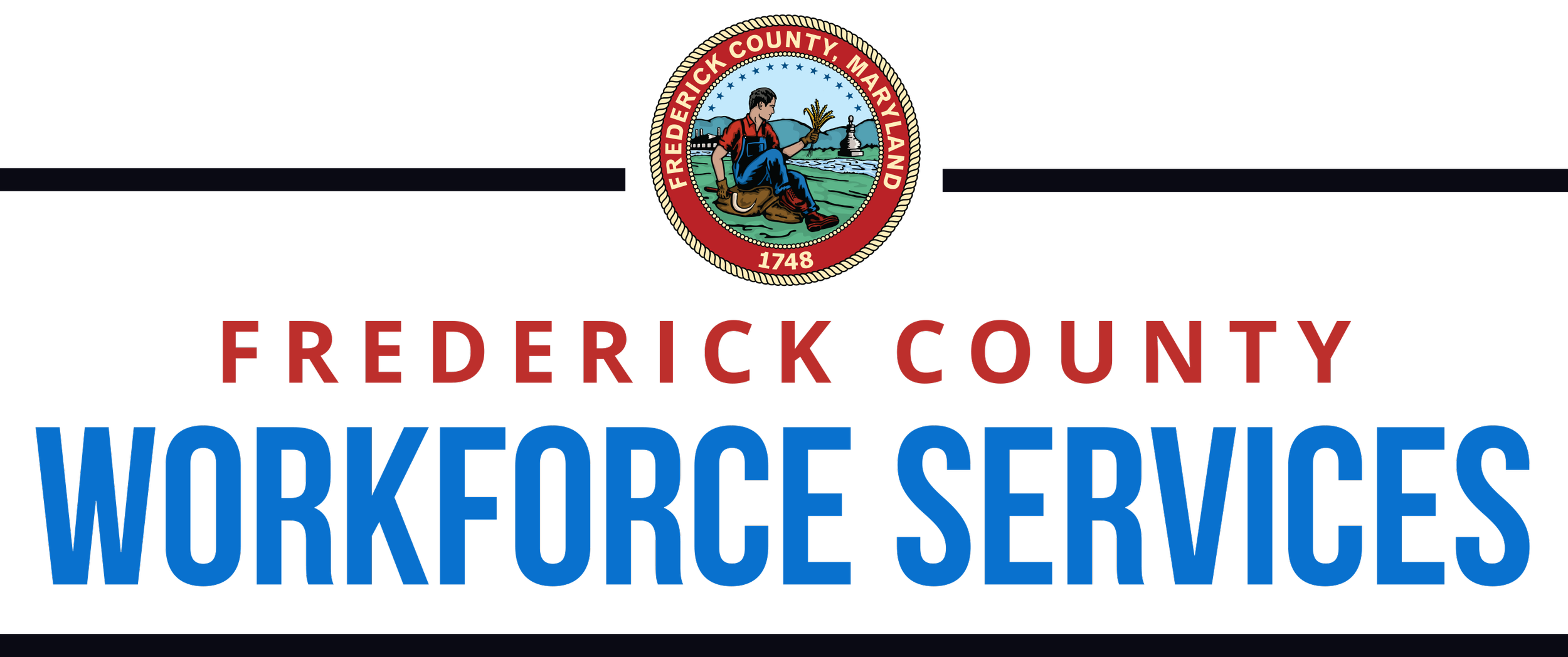In a tight labor market, here's a win-win hiring strategy that works
“It really takes employers who are willing to let go of their biases in pursuit not only of equality but of the best candidates.”
- Lucius Couloute, Policy Analyst at the Prison Policy Initiative
More American companies than ever are now hiring formerly incarcerated or justice-involved individuals as part of their inclusion strategy.
And this strategy is proving to be effective! Executives say 82 percent of their justice-involved hires have been at least as successful as their average hire, according to a report by the Society of Human Resources Management.
One company in particular lowered its turnover rate from 25% to 11% by developing a strategy for successfully hiring individuals with criminal backgrounds. They have found that these workers tend to be engaged and productive, with a strong work ethic. They are also extremely loyal to the company who gave them a second chance! (See article link below for more info.)
In recent years, unemployment rates in the U.S. have been significantly low. However, one of the primary struggles expressed by small business owners is the difficulty they face in finding qualified candidates to fill their open positions.
A study conducted by Northwestern University in 2017 showed that “individuals with criminal records have a much longer tenure and are less likely to quit their jobs voluntarily than other workers.” Knowing this, employers could benefit from expanding their candidate pool by considering potential candidates with a “less than favorable” past.
Another compelling benefit for employers lies in available tax credits for hiring individuals within specific target groups that experience significant barriers to employment. Justice-involved individuals are one such target group for the Work Opportunity Tax Credit (WOTC). By hiring a justice-involved individual who works a minimum of 120 hours, employers can claim a partial tax credit. If the individual works 400 hours or more, the employer may claim the full tax credit. The maximum tax credit per eligible individual is $2,400. There are no limits to the number of individuals an employer may hire within these target groups. So, the tax credits could add up to significantly reduce an employer’s tax burden.
Although it isn’t known exactly how many companies are hiring justice-involved individuals, it is clear that they represent a large candidate pool; in the U.S., 70 million people have criminal records, about the same number of people who have college degrees.
Yet, within a year of being released from prison, almost 75% are still unemployed. However, as many employers have discovered, this does not represent an unwillingness to work!
In fact, contrary to popular belief, formerly incarcerated individuals DO want to work. Their high unemployment rate reflects public will, policy, and practice — not differences in aspirations.
More information:
https://www.cnbc.com/2018/09/18/why-companies-are-turning-to-ex-cons-to-fill-slots-for-workers.html
https://business.linkedin.com/talent-solutions/blog/diversity/2018/consider-hiring-ex-criminals
https://www.efficienthire.com/second-chances-could-mean-big-benefits-for-employers/

